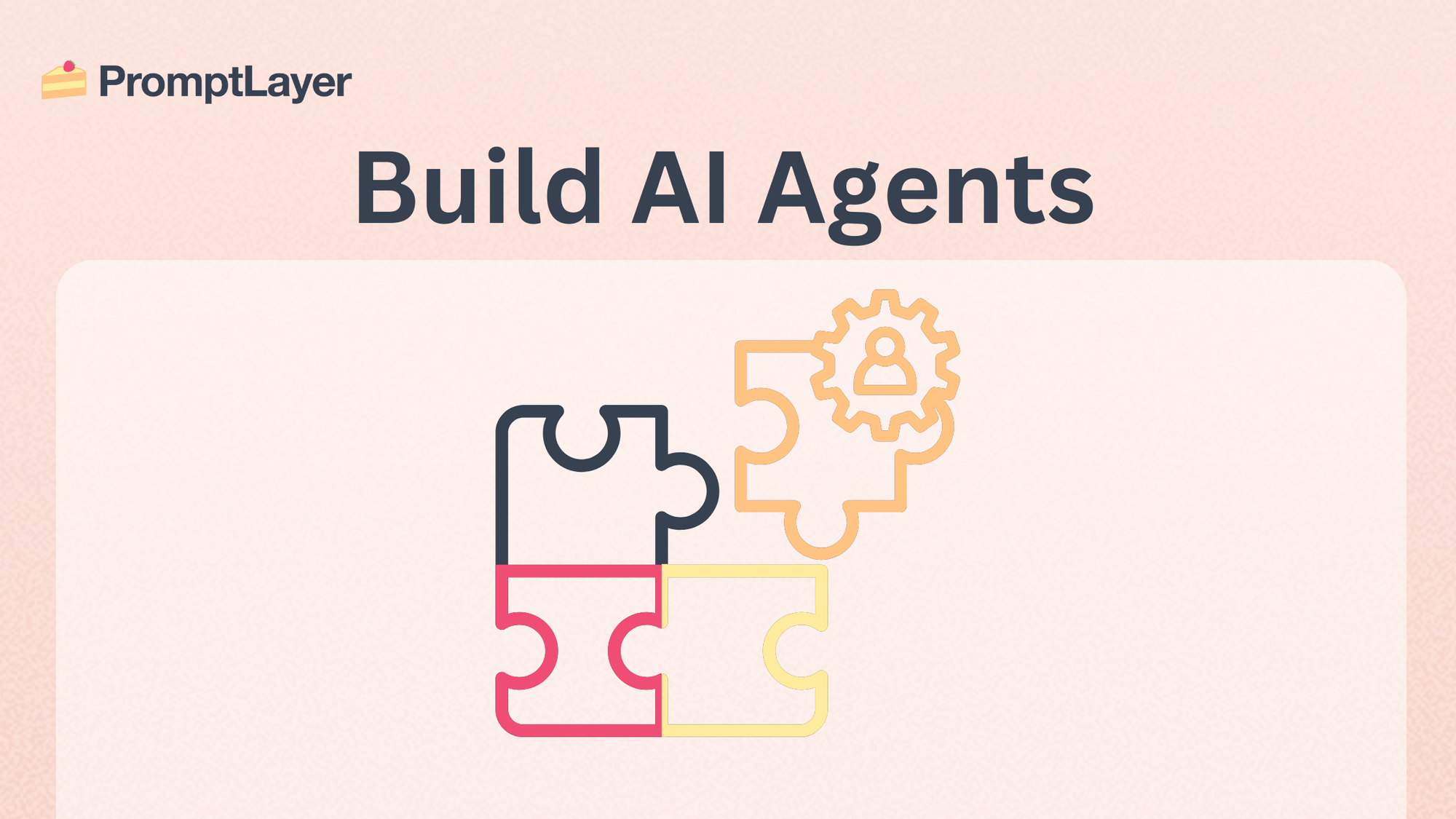Top Skills to Build AI Agents in 2025

AI agents are no longer a futuristic concept; they’re transforming the way we live and work right now. These autonomous systems navigate complex environments, learn from data, and make decisions that once required human oversight. As industries race to integrate these capabilities, the demand for skilled developers is surging. To stay ahead, you need a solid understanding of the skills that shape this dynamic field. Let’s break them down.
What Are AI Agents, and Why Do They Matter?
AI agents are intelligent systems designed to operate independently. They observe their surroundings, process information, and act purposefully to achieve specific objectives. Unlike static programs, AI agents adapt and improve over time. They also interact with other agents, enabling collaboration on tasks like logistics, data analysis, and problem-solving.
Imagine a fleet of autonomous delivery drones, working together to optimize routes while seamlessly communicating with a human dispatch center. This is the potential of AI agents realized. And while machine learning often powers these agents, other techniques—like rule-based logic—are equally important.
You can test, deploy, and analyze agents with PromptLayer Workflows.
You can also manage and monitor prompts with your whole team. Get started here.
The Skills You Need to Build AI Agents
Developing AI agents requires more than technical know-how; it demands a mix of programming expertise, data acumen, and strategic insight. Here’s how to get started:
1. Master Programming Fundamentals
Python remains the backbone of AI development, with libraries like TensorFlow and PyTorch offering powerful tools for building and training models. Don’t overlook other languages like Java, C++, R, or even Golang—each has unique advantages in specific contexts.
2. Cultivate Data Expertise
Data is the fuel that drives AI agents. Proficiency in data collection, cleaning, and preprocessing is essential, as is the ability to analyze large datasets. Tools like Pandas, NumPy, and SQL are indispensable. Real-time data processing and visualization will help you monitor agent performance and identify areas for improvement.
3. Explore Natural Language Processing (NLP)
For AI agents that interact with humans, NLP is crucial. Whether it’s translating languages, analyzing sentiment, or generating summaries, these skills enable your agents to understand and respond effectively.
4. Develop Knowledge Representation and Reasoning
AI agents need to think, not just react. This means structuring information through knowledge graphs or ontologies and applying logical reasoning to make decisions.
5. Understand Agent Types
From reflex agents to advanced learning agents, knowing how each type functions helps you design systems tailored to specific tasks. Read our article on the top Agentic Frameworks here.
6. Use the right tools
Building and orchestrating agent workflows is easy with Workflows in PromptLayer. Create complex workflows in a snap, connecting AI components into cohesive, functional systems. Try it out here.

Beyond the Code: The Human Factor
Technical skills are only half the equation. To create AI agents that are not only functional but impactful, focus on the following:
Strategic Thinking
Building an AI agent isn’t just about the code—it’s about purpose. Consider how your agent will fit into a larger ecosystem, solve real problems, and adapt to future needs.
Communication and Collaboration
AI agent development often involves multidisciplinary teams. Clear communication ensures smooth collaboration, from brainstorming ideas to implementing solutions.
Adaptability and Lifelong Learning
The AI landscape evolves rapidly. Staying current with emerging technologies and methodologies is essential for long-term success.
Technologies Shaping the AI Agent Revolution
The rise of AI agents is supported by several transformative technologies:
- Cloud Computing: Essential for training and deploying AI agents at scale.
- AI Frameworks: Pre-built tools streamline development, enabling faster experimentation.
- Large Language Models (LLMs): These are reshaping how agents interact with users, offering sophisticated conversational abilities.
- Internet of Things (IoT): Interconnected devices generate real-time data, amplifying AI agent capabilities.
- Memory Systems: Innovative memory types—like reflective and project-based memory—enhance agent decision-making.
Trends to Watch
The future of AI agents promises exciting developments:
- Proactive Agents: These systems won’t wait for commands—they’ll anticipate needs and act.
- Hyper-personalization: Agents will tailor interactions to individual preferences.
- Multimodal Capabilities: Processing information from text, images, and audio simultaneously.
- Ethical AI: Building trust through transparency, fairness, and explainability.
The Future of Agentic AI
AI agents are poised to handle increasingly complex tasks with minimal oversight. The advent of technologies like Large Action Models (LAMs) is pushing the boundaries of what’s possible. From healthcare to education, these systems are becoming integral to digital transformation.
Your Path Forward
To thrive in AI agent development, start by mastering the technical and strategic skills outlined here. As you stay attuned to industry trends, you’ll position yourself at the forefront of this revolutionary field. The future of automation isn’t just on the horizon—it’s here. Seize the opportunity to lead the way.
About PromptLayer
PromptLayer is a prompt management system that helps you iterate on prompts faster — further speeding up the development cycle! Use their prompt CMS to update a prompt, run evaluations, and deploy it to production in minutes. Check them out here. 🍰



